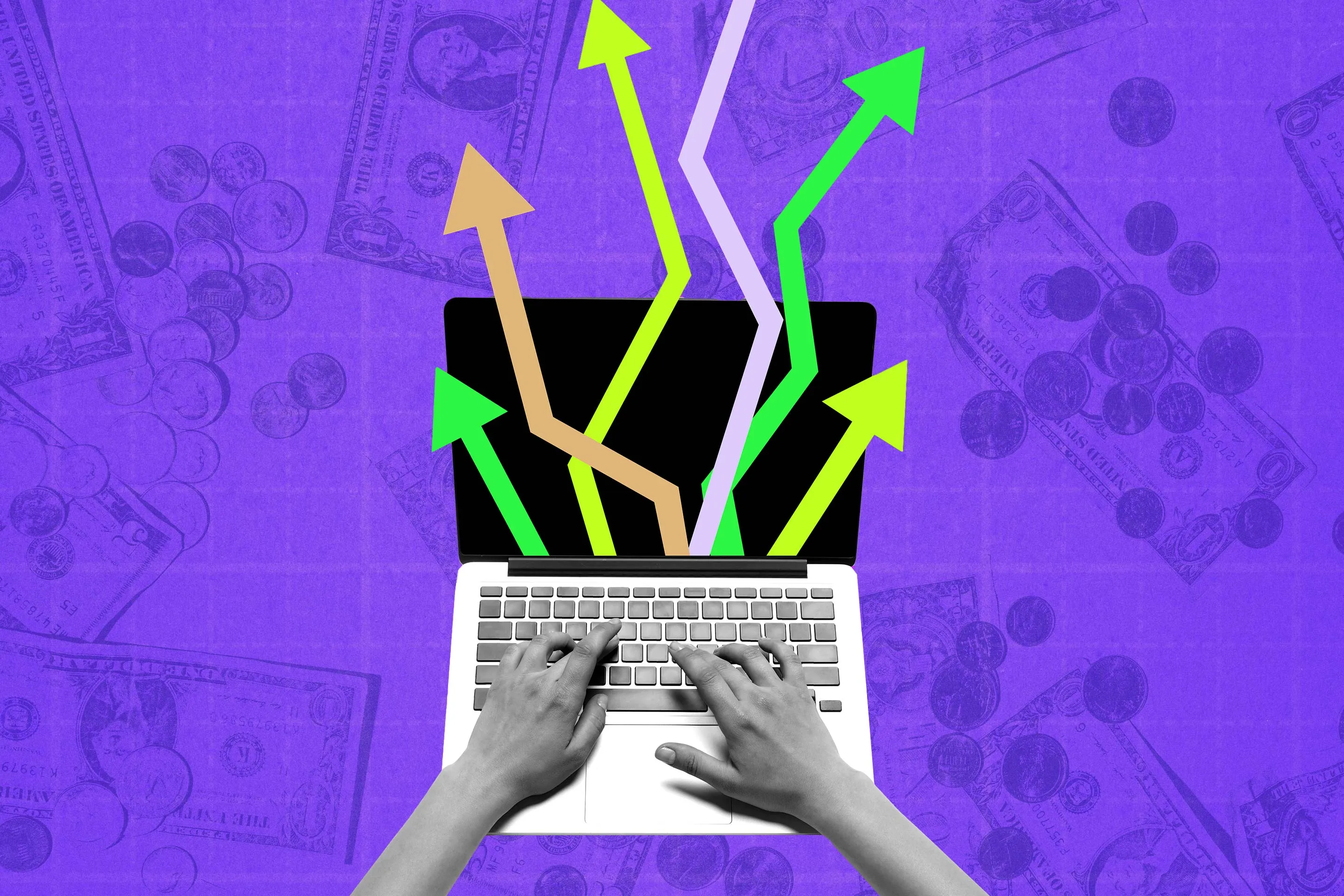3 Money Moves People Are Making Amid Economic Uncertainty

In a recent survey, it was revealed that nearly 40% of employees are choosing to stay at their current jobs due to economic uncertainties. This statistic is just one of many indicators that show how anxious Americans are adapting their financial behaviors in response to the current economic climate.
Along with staying put in their jobs, people are also scaling back on retirement contributions, adjusting their spending habits, and reevaluating their investment strategies as consumer debts increase and overall spending decreases. This shift in consumer behavior is evident in reduced purchases of items like appliances, clothing, and cars.
Although economic uncertainty and tariff-related news have dominated headlines, there have been some positive developments in the economy. The stock market, for example, experienced a significant boost in May, with the S&P 500 posting its best performance since 1990.
Despite these improvements, the ongoing tariff disputes continue to impact the stock market. Recent announcements of increased tariffs on steel and aluminum have added to the volatility. Additionally, tensions between the Federal Reserve and the White House over interest rate adjustments have further contributed to economic uncertainty.
According to a study by Northwestern Mutual, 69% of Americans now admit to feeling anxious or depressed about financial uncertainty, marking an increase from previous years. To navigate this instability, people are making several significant financial decisions:
Cutting Back on Retirement Contributions
A Morgan Stanley report revealed that about 39% of workers are reducing their 401(k) contributions due to economic concerns such as inflation and the possibility of a recession. Despite these challenges, experts advise against making hasty decisions regarding retirement savings and recommend maintaining consistent contributions to take advantage of market fluctuations.
Job Stability Amid Economic Uncertainty
Similarly, a report by 24 Seven found that 38% of workers are choosing to stay in their current jobs purely because of economic uncertainties. However, companies relying solely on economic factors to retain employees may face increased turnover as economic conditions stabilize.
Shift Towards Home Cooking
As a response to financial pressures, more Americans are opting to cook at home rather than dine out. This trend is reflected in increased sales of ingredients and food items at warehouse clubs and discount stores. Companies like Campbell’s have noted a surge in home-cooked meals and a preference for budget-friendly ingredients, indicating a shift towards more frugal spending habits.
Conclusion
The current economic climate has undoubtedly influenced consumer behavior and financial decision-making. As individuals navigate through uncertain times, it is crucial to remain informed, seek financial advice, and make prudent choices to secure a stable financial future.





